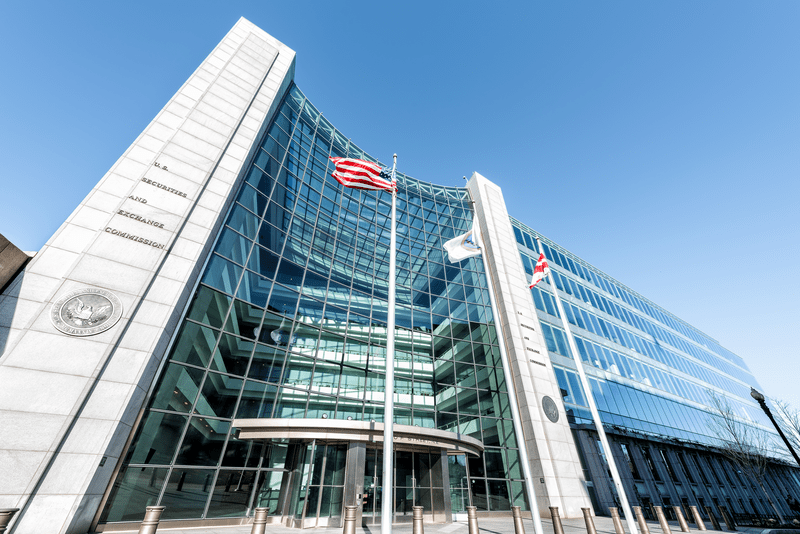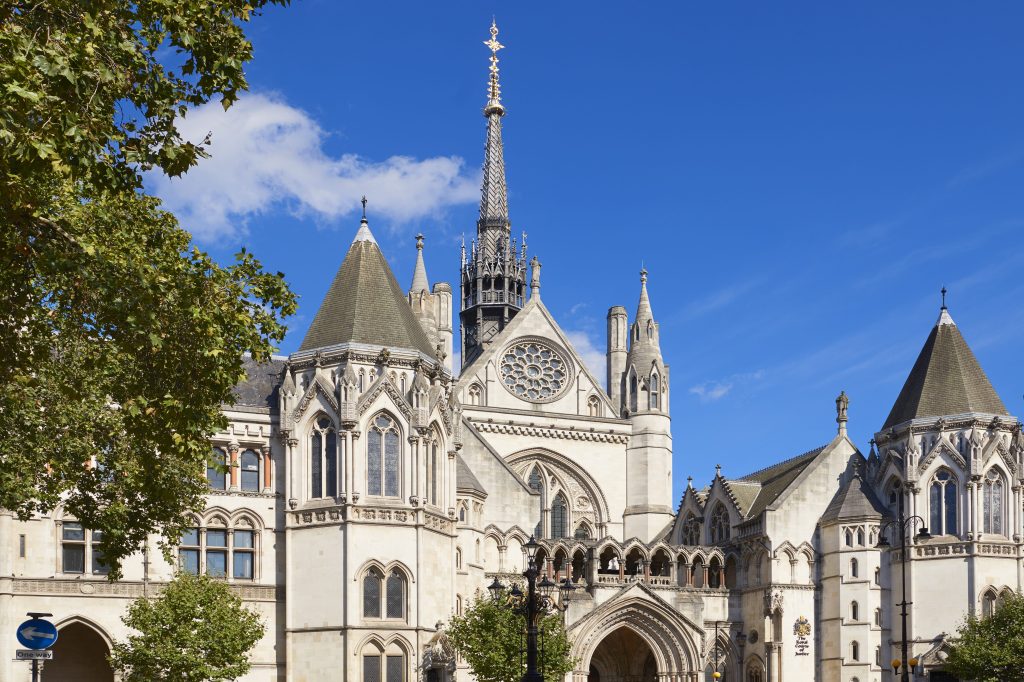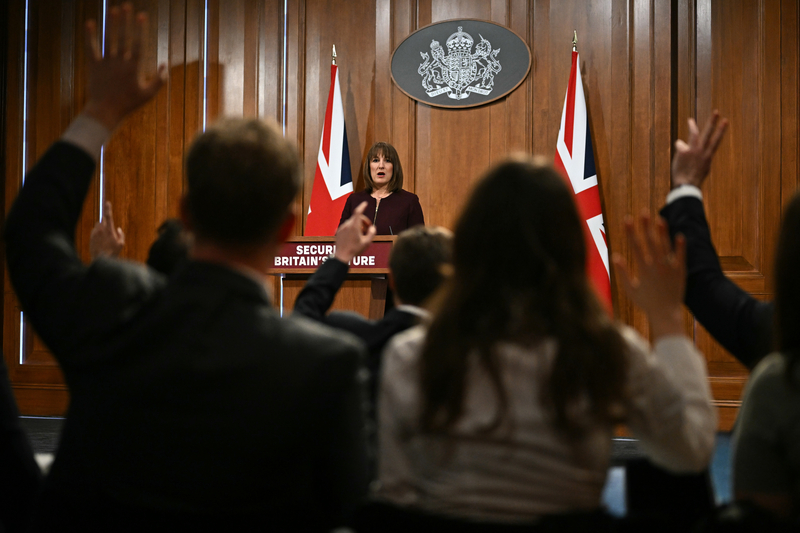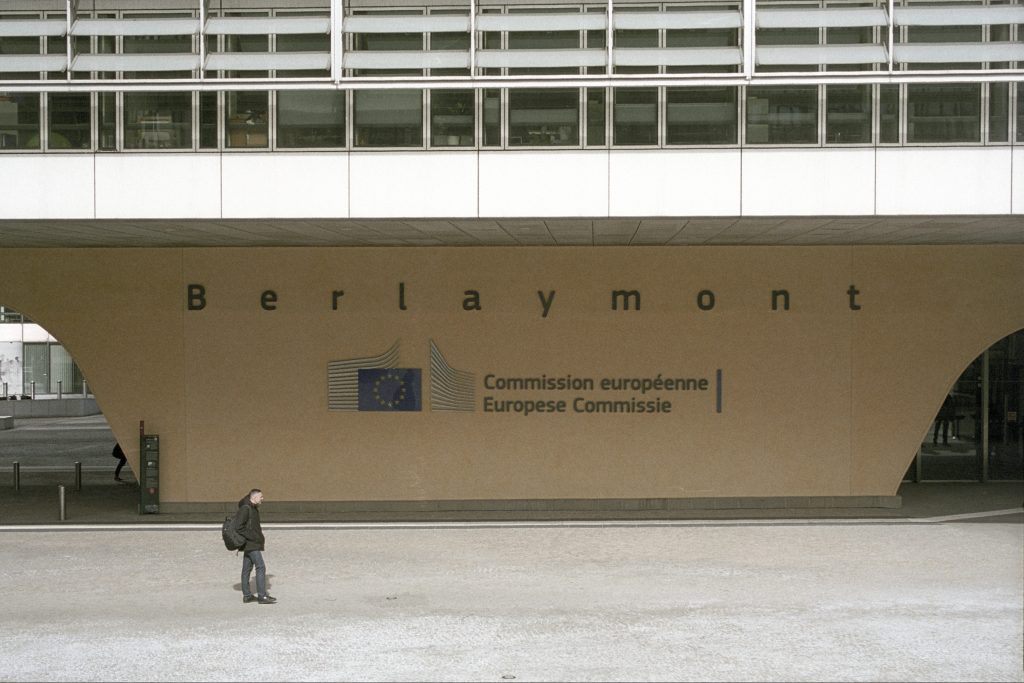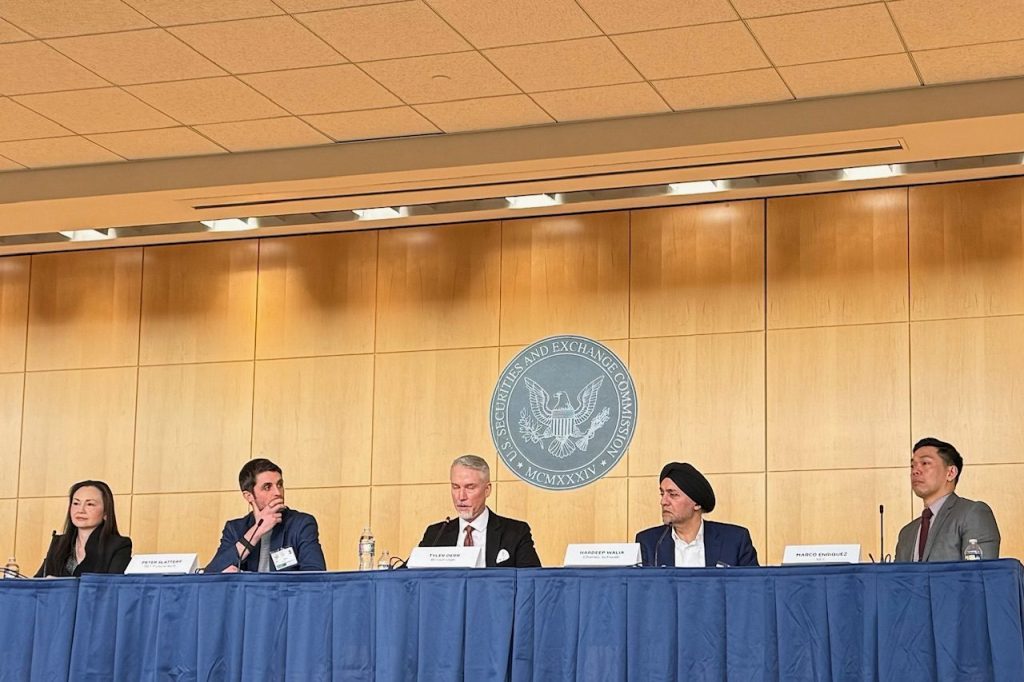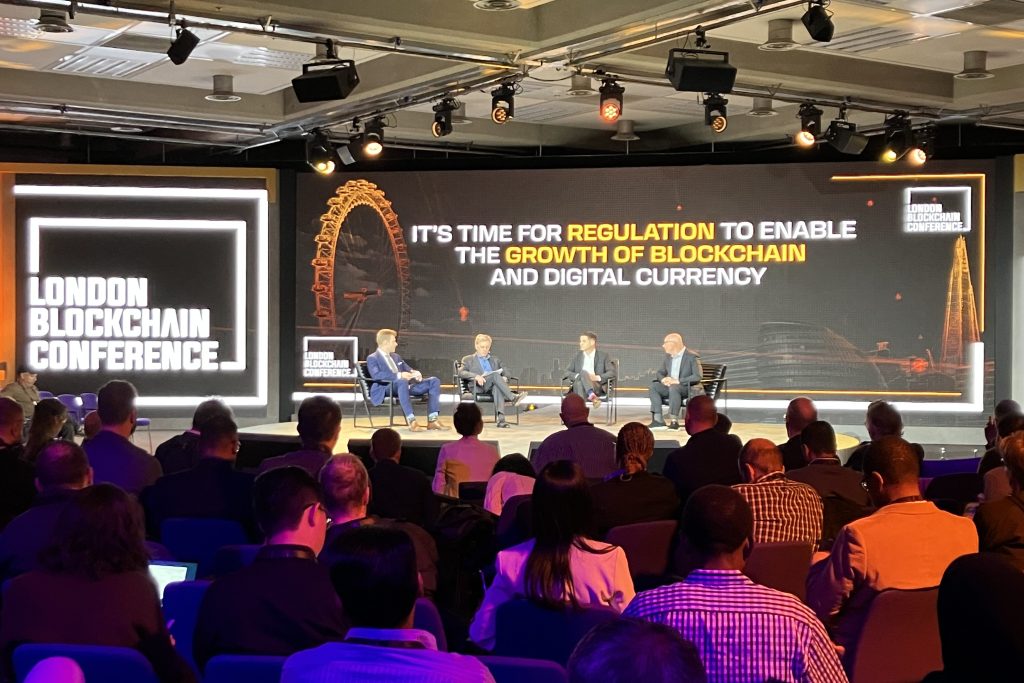Speakers addressed regulatory frameworks, risk, and the trust economy at the conference. In the wake of a number of crypto scandals and company collapses, industry insiders agreed regulation was very much needed to protect consumers trading in the crypto space.
Expert speakers from around the world explored various issues including regulatory frameworks for digital currency in Europe, the intersection of the trust economy and blockchain, leveraging blockchain for business continuity, and mitigating risk with cybersecurity solutions.
Opening the talks on day two, former governor of the European Central Bank Yves Mersch spoke on the recently enacted Markets in Crypto Assets (MiCA), DORA, and the potential for a UK central bank digital currency.
Risks and benefits
“We need to understand risks and benefits, drivers and mitigants of risk. For this we need proper data and to improve our reporting standards to assess risks for individuals as well as investors,” said Mersch.
He highlighted lending schemes with offers like 20x collateral. “We have seen in decentralised finance a high percentage of validators, which can potentially have a negative impact on security.” He also said public and private sector goals very much need to be configured and aligned, with a decision made on whether they are competitive or complementary.
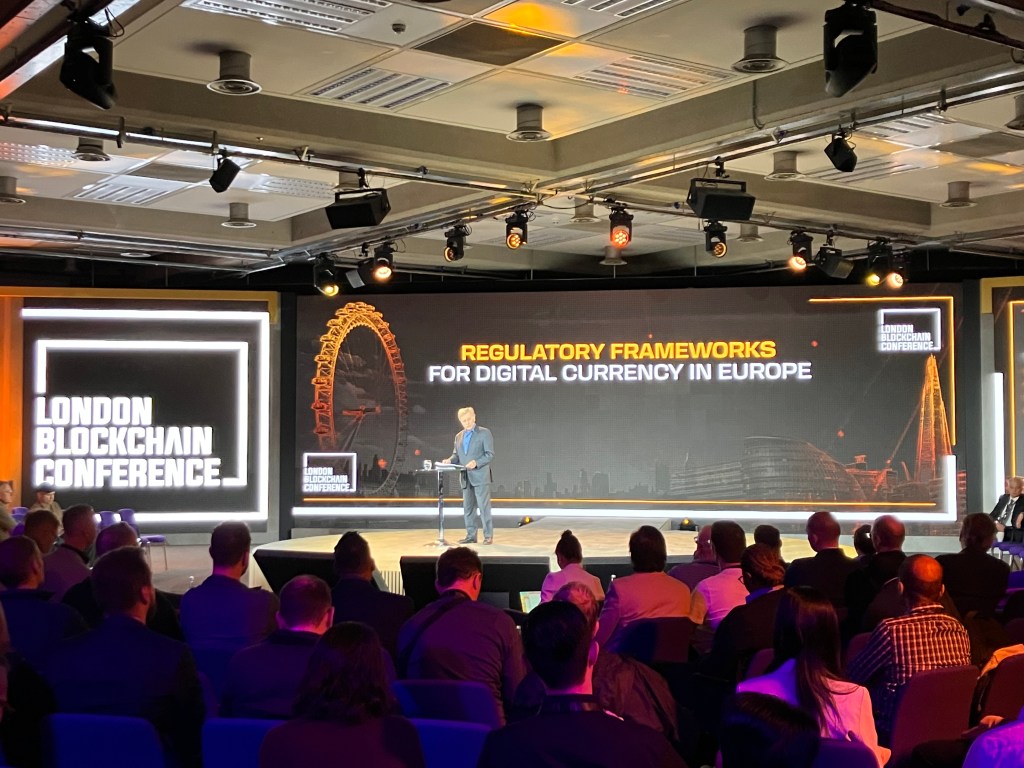
Dr Agata Slater, Blockchain Strategy Consultant at IBM, delved into the trust economy and blockchain on a panel titled ‘Digital Asset Recovery – Freezing and seizing lost and stolen Digital Assets’. The discussion revolved around topics like establishing two-way trust based on reputation and digital identity to enable Peer2Peer (P2P) transactions and understanding evolving customer expectations and how to leverage your business.
Actor turned crypto skeptic Ben McKenzie was in attendance to promote his book Easy Money: Cryptocurrency, Casino Capitalism, and the Golden Age of Fraud. McKenzie is critical of celebrities who have chosen to endorse crypto, and believes prominent figures should be warning consumers off crypto, not, he said, shilling scam coins and tokens. He also testified at a US Senate hearing on FTX last year.
Several speakers highlighted the different regulatory approaches in the US, UK, and Europe.
“The US is the only country in the world that separates its securities regulation from its commodities regulation. This creates perverse incentives.”
Ben McKenzie, actor and crypto skeptic
“The US is the only country in the world that separates its securities regulation from its commodities regulation. This creates perverse incentives, firstly a gray area. Bitcoin’s classification as a commodity is somewhat random and allows a lot of people to come in and commit fraud. That is a massive issue that has to be addressed,” McKenzie, previously known for his role in the hit show The OC, said. “Sam [Bankman Fried] had given so much money to other parties, which had essentially stopped regulators from doing anything.”

“The ‘get rich quick’ scheme is the oldest trick in the book. While the solution may be challenging due to engrained political solutions, establishing an oversight body is imperative. We must closely monitor the development of blockchain and eagerly anticipate its future progress. It’s important to recognize that blockchain is an underlying technology predating cryptocurrency,” he added.
Meanwhile a panel focussed on the recovery of seized and stolen assets discussed the paradox of regulating an asset that by its nature should remain decentralized. Speakers discussed the application of the law to Bitcoin and how Bitcoin can support legal enforcement efforts.
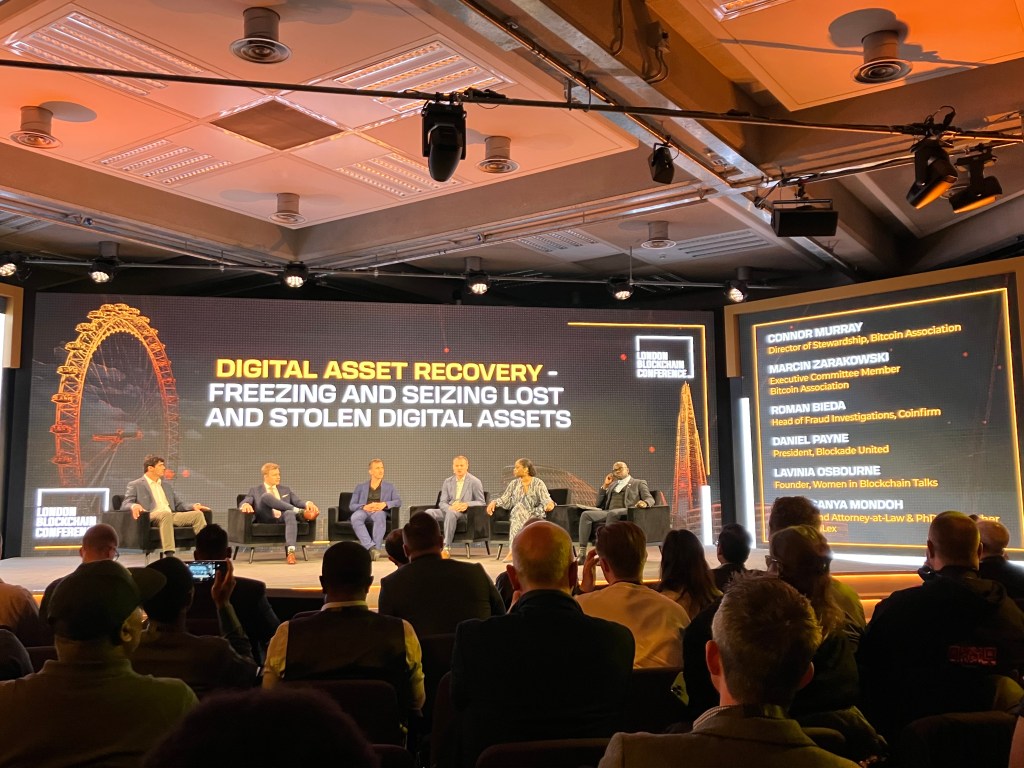
Dr Craig Wright, Chief Science Officer at nChain, delivered another insightful session on ‘Unlocking Privacy and Compliance: Adopting a Time-Managed Redactable Signature System’. He shed light on solving the challenge of balancing transparency and privacy in governments and corporations and how the blockchain infrastructure provides benefits such as immutability, decentralization, and transparency.
The UK continues to be a leading force in the world of blockchain, solidifying its position as a top blockchain incubator and company powerhouse. The UK’s ecosystem and openness to innovation has positioned it at the forefront of blockchain technology.
The London Blockchain Conference took place from May 31 to June 2.


